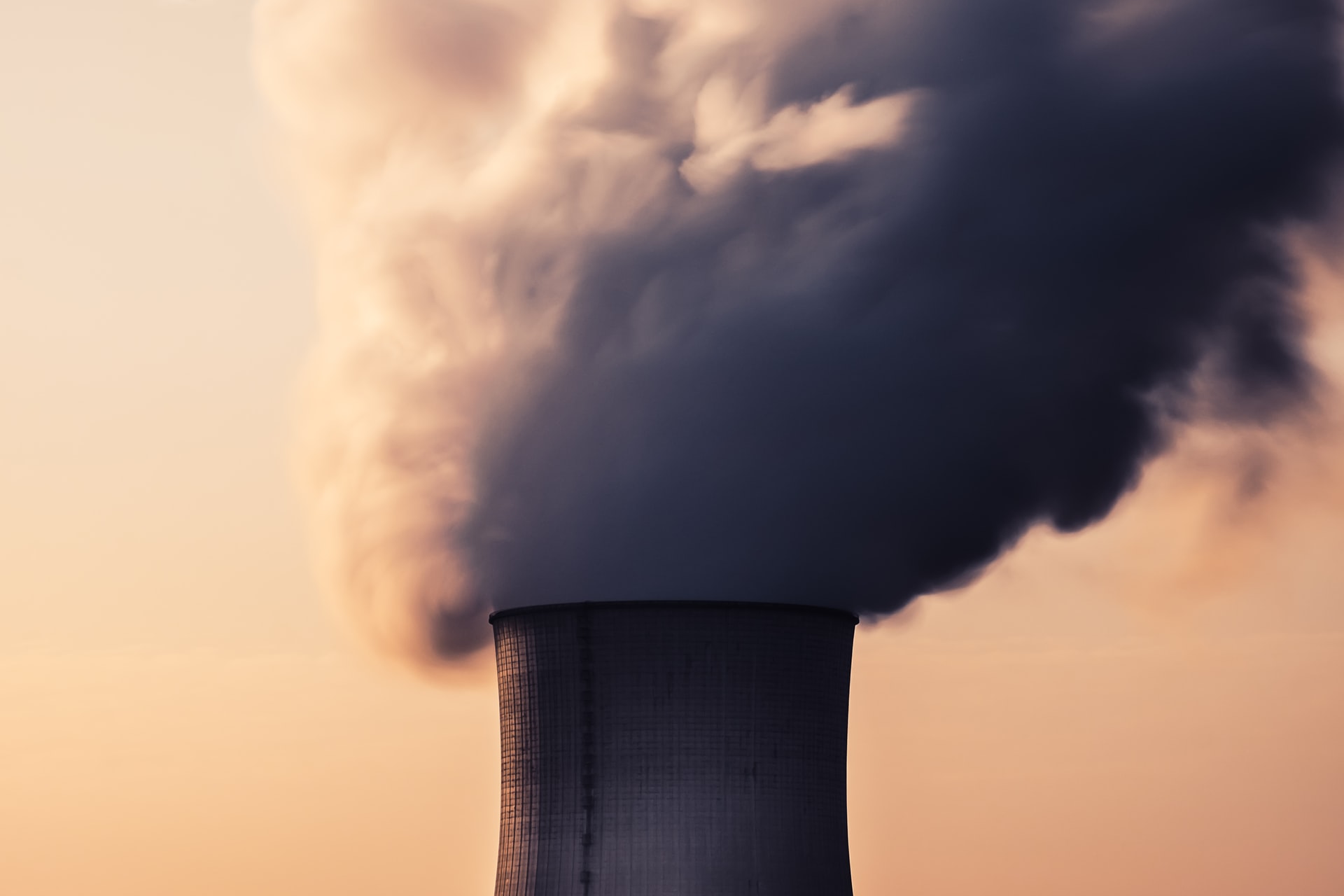Ten years have passed since the Fukushima disaster in 2011. In the aftermath, some countries have undergone profound energy-policy shifts to prevent such a disaster in the future. However, Japan’s closest neighbors, Taiwan and South Korea (Korea) are struggling to push through the nuclear phase-out agenda. Instead, support for nuclear is on the rise among the population in both countries. What has happened in those countries in the last decade? Yi hyun Kang & Milan Chen have the story.

License: Public Domain, Credit: © Thomas Millot
Surging concern about nuclear safety
Opposition to nuclear power increased sharply after the Fukushima disaster in both Taiwan and Korea. In Taiwan, Ma Ying-jeou’s government stopped constructing its fourth nuclear power plant, Longmen that year. When the new president Tsai Ing-wen came into power in 2016, she pledged to make Taiwan the “Nuclear Free Homeland” by increasing the share of renewables in the total energy mix to 20% by 2025. In her second term, the Tsai administration reaffirmed its stance on the nuclear phase out and its renewable targets.
Many citizens in Korea also responded to the disaster with fear, organizing, for example, movements against nuclear power. The existing anti-nuclear movement led by environmental NGOs gained the support of diverse organizations such as women and religious groups. However, the Lee Myung-bak government took a different approach. The president took advantage of the Fukushima disaster to advertise the strength of Korea’s nuclear technology, incorporating nuclear power as part of its Green Growth policy.
Korea’s energy policy has substantially changed after Moon Jae-in from the opposition party was elected president in 2017. He pledged to make Korea a nuclear-free country and to increase the share of renewable energy. Shortly after his inauguration, Kori 1, the oldest nuclear power plant, was shut down permanently. President Moon announced that new nuclear power plant plans would be canceled, and existing nuclear power plants would not have their service lives extended.
Action on air pollution and energy security
While many studies confirmed the technical feasibility of the Nuclear Free Homeland proposal in Taiwan, two pressing issues emerged – air pollution and power supply. The air pollution level in some cities climbed in 2015, increasing public concerns on health. Meanwhile, a typhoon caused a major power shortage during a scorching and steamy summer in 2017. Another large-scale power outage followed due to an operational error in western Taiwan. Those power incidents renewed worries about energy security in Taiwan, where energy-intensive industries such as semiconductors and the ICT industries are the backbone of the national economy.
Korea has experienced similar issues. Ultrafine particles became the most prominent environmental issue in 2017. It is no wonder, given the fact that Korea ranked 174th out of 178 countries for fine particles (PM 2.5) pollution according to the Environmental Performance Index of the Yale Center for Environmental Law & Policy. In addition, a record heatwave that lasted for several weeks in summer 2018 heightened concern over energy security. The government’s energy transition policy faced backlash from the public due to the potential increase in electricity bills.
Is nuclear the solution?
Air pollution and power shortage problems provided a perfect stage for pro-nuclear actors in both countries. Nuclear proponents claimed that nuclear energy is a solution for climate change and would also reduce air pollution while providing a stabilized energy supply.
In early 2018, Taiwanese nuclear advocates initiated a petition asking for removing the Nuclear Free Homeland agenda from the Electricity Act, introducing the term “Go Green with Nuclear (GGwN).” This movement later joined forces with the conservative party, Kuomintang (KMT), and the former president Ma Ying-jeou, who was forced to suspend the construction of the Longmen nuclear power plant. The GGwN proposal was passed by a small margin in a referendum. Consequently, the Nuclear Free Homeland clause in the Electricity Act was rendered ineffective. In August this year, there will be a referendum on whether to resume the Longmen power plant construction.
The policy to stop building nuclear power plants in Korea has also faced strong opposition. A citizens’ committee formed by the government to discuss the issue voted for resuming construction of the plants. Following their recommendation, two new nuclear power plants are currently being built on the Southeast coast, where 12 nuclear power plants are already operating. In addition, President Moon’s declaration on carbon neutrality by 2050 fueled debates on how to reduce the use of coal and nuclear power simultaneously. Pro-nuclear stakeholders are making persistent efforts to reverse the energy transition policy by promoting the advantages of nuclear power in mass media. The government is also seeking to export nuclear power plants to sustain its nuclear energy industry.
Where is the energy transition headed?
The similarities of nuclear power discourse in the two countries show the economic structure is intertwined with the energy industry. Although the Fukushima disaster was an alarming incident, both for policymakers and the general public, the seemingly short-term financial advantage of nuclear power is still dominating debate over energy. Nuclear supporters argue that the cost of nuclear electricity is lower than other energy sources, especially in Korea and Taiwan that are heavily dependent on energy imports. Maintaining its high level of growth is the top priority for both Taiwan and Korea, countries that achieved rapid economic development through state-driven industrialization in the 20th century.
East Asian countries have been increasingly proactive in adopting more eco-friendly policies, as environmental awareness grew. However, energy production remains one of the most challenging areas in which ‘growthism’ prevails over environmentalism. Even more, growthism seems to be supported by raised environmental awareness to a certain extent (e.g., air pollution) when it comes to nuclear power. Can a nuclear-free energy transition be added to the list of environmental improvements in these states? Right now, the answer remains unclear.
Authors:
Yi hyun Kang is a postdoctoral researcher at Université Saint-Louis – Bruxelles. Milan Chen is a postdoctoral researcher at National Taiwan University.